Prof. Jay Batongbacal on the PH-US Mutual Defense Treaty and the “Grey Zone” Chinese strategy
Prof. Jay Batongbacal on the PH-US Mutual Defense Treaty and the "Grey Zone" Chinese strategy In two separate reports, Professor Batongbacal talks on Chinese strategy in the West Philippine Sea and the MDT in wake of US Secretary of State Mike Pompeo's visit. *** Prof. Batongbacal refers to the “grey zone” Chinese strategyMalaysian news site Benar News cited Maritime analyst Dr. Jay Batongbacal in its report Philippines: Activists Protest against Chinese Blocking Fishing Boats. Referring to the fifty Chinese boats blocking Filipino fishermen in Kalayaan Islands, Prof. Batongbacal spoke of the “grey zone” strategy He explained that civilian vessels are…

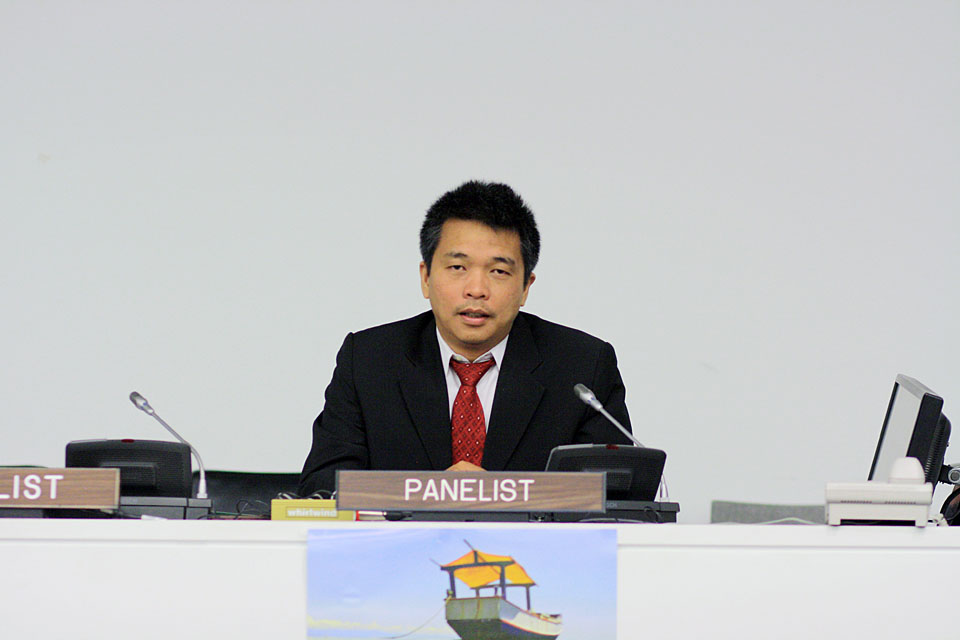
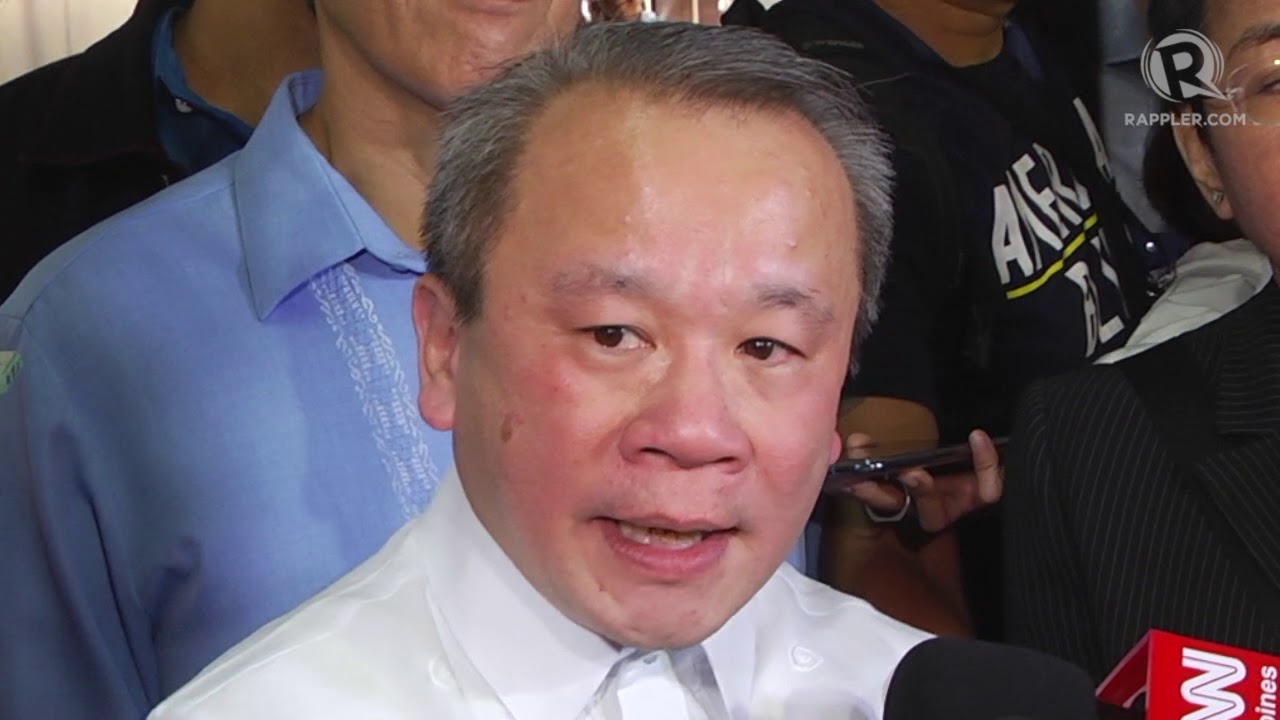

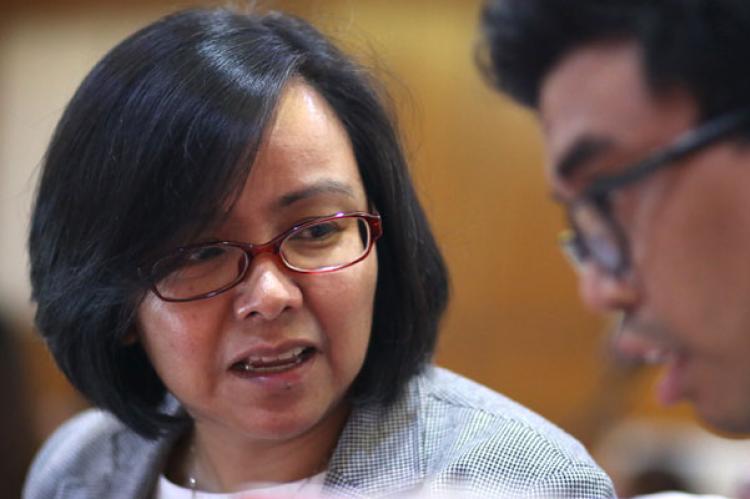
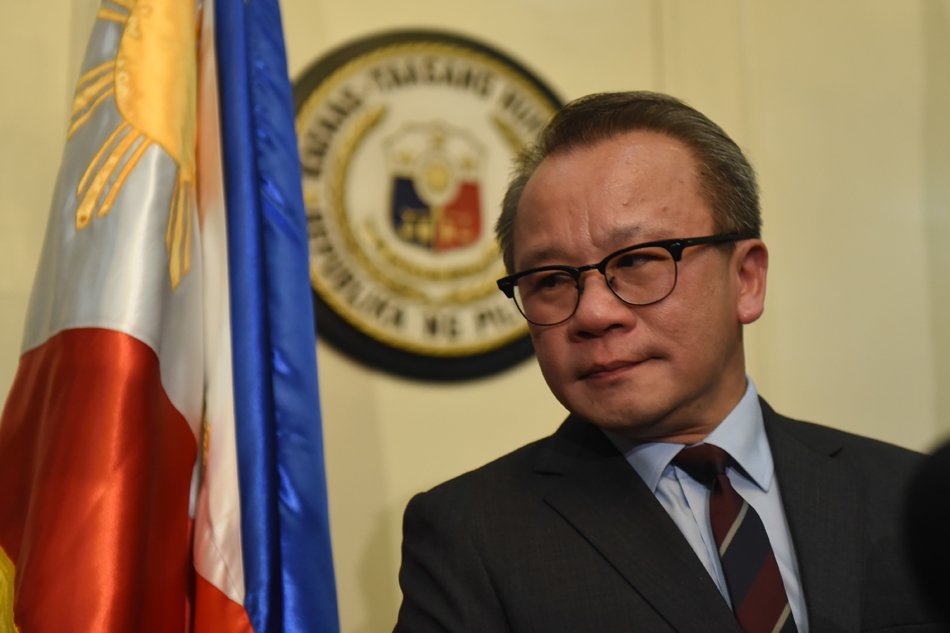
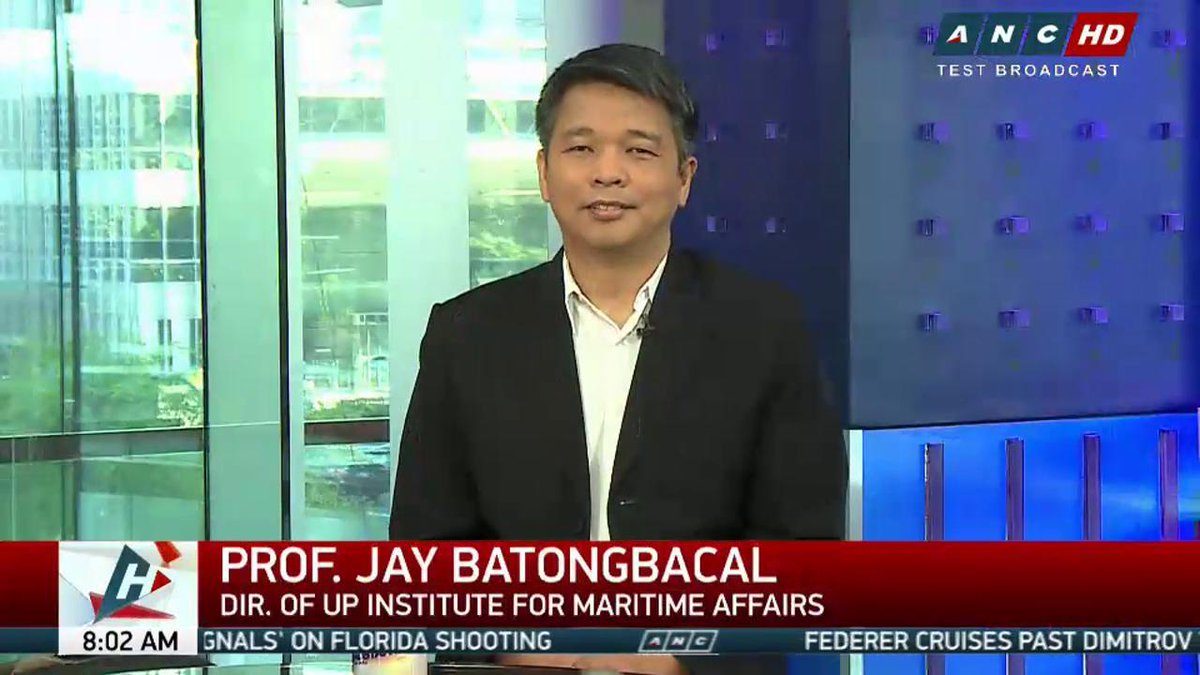






































































































 on the upper right corner to select a video.
on the upper right corner to select a video.